Is Sadiq Khan playing politics with off-peak Friday travel on TfL?
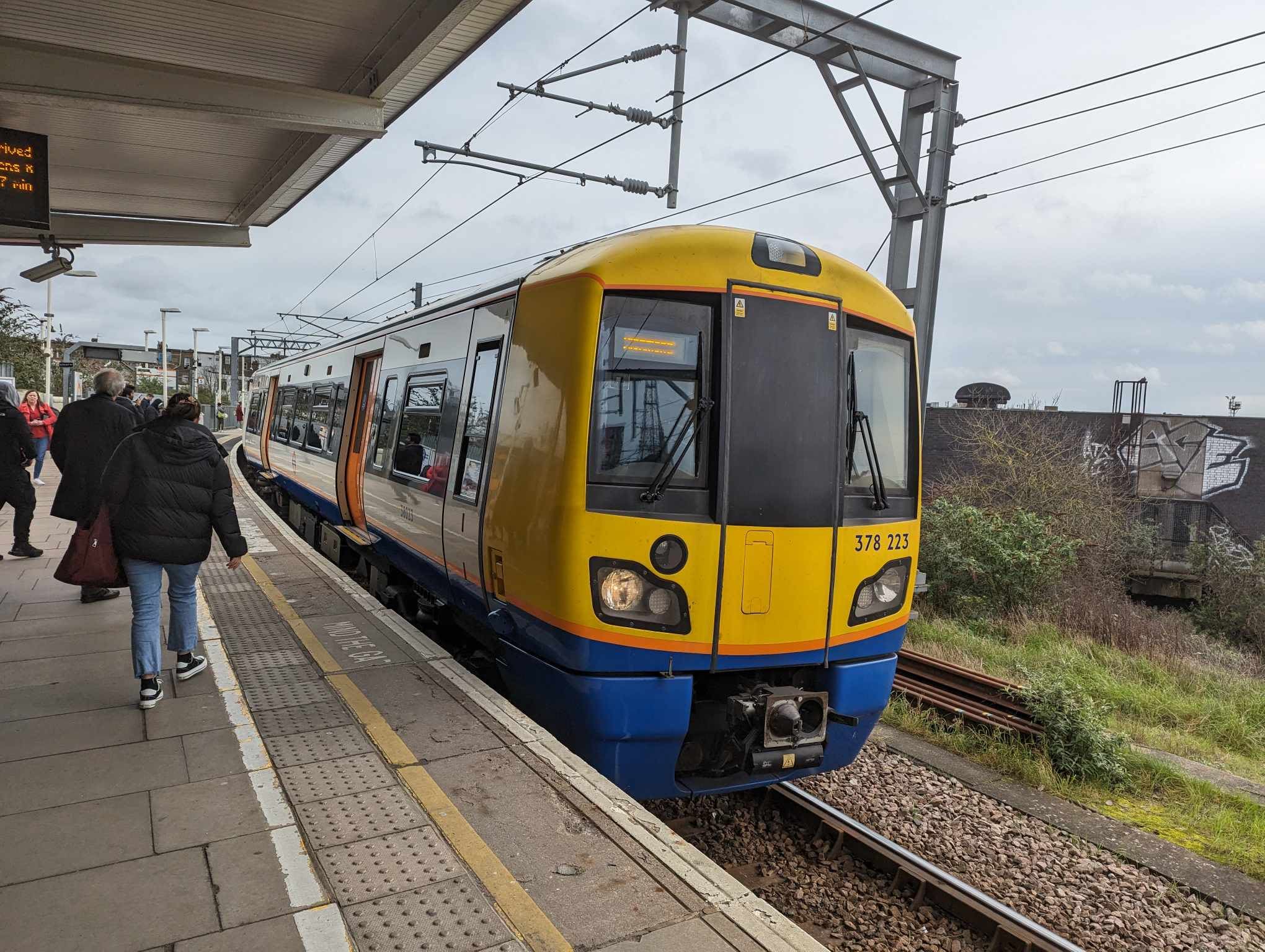
What is the off-peak Fridays scheme and why is it controversial?
In March 2024, the Mayor of London Sadiq Khan announced a brand new train pricing trial which he claimed would provide a much needed boost to London’s economy.
Khan’s introduction of off-peak travel on Fridays meant that those using contactless payment methods would benefit from paying reduced fares throughout the day on Fridays, saving commuters money on their travel.
Announcing the £24m scheme, Khan said: “I'm doing all I can to support Londoners through the cost-of-living crisis and to support London's economic recovery.
“Encouraging more people back into the city on Fridays could give a much-needed boost to the hospitality, business and leisure sectors, supporting London's wider economic growth as we continue to build a fairer, greener and more prosperous London for everyone.”
However, the timing of the scheme has drawn some criticism from opponents who questioned whether Khan was using TfL as a political football ahead of the Mayoral Election on May 2nd.
At the time of the announcement, Khan’s rival to the London mayoralty, Susan Hall, labelled the scheme an election gimmick paid for at the expense of underfunding the police.
Meanwhile, the trial also drew criticism from other mayoral candidates including the Green Party's Zoë Garbett who said she welcomed TfL fare cuts but claimed that Khan's policy feels more like a gimmick.
But is there more to this scheme than just a well-timed political election tactic?
How does peak and off-peak travel work on TfL?
Watch this short video to learn more about peak and off-peak travel on Transport for London's rail services.
The Background
Since the COVID-19 pandemic, midweek tube usage is down 15% on the number recorded before the initial lockdown, whilst usage on Fridays has plummeted even further to about 73% of pre-pandemic ridership.
More broadly, the number of journeys being taken on Transport for London services over the last year still remains half a billion below pre-pandemic levels, projections from TfL data suggest.
The reason for this dramatic fall in passenger numbers on Fridays is the result of home working.
Since the first COVID-19 lockdown, the number of people working from home has skyrocketed, growing from 12.5% pre-pandemic to 40% in 2023.
Now, as businesses in the hospitality and leisure sectors are suffering from reduced footfall, the Mayor of London has introduced a scheme to get people back in the city and to "keep London roaring."
The off-peak Friday scheme, announced in January 2024, was launched in March and concludes on Friday 31st May 2024 after three months.
The Mayor’s office had previously told South West Londoner that its landmark off-peak Friday fares trial was introduced in an aim to increase ridership on its services and make transport more affordable for Londoners.
But with the scheme costing £24m, is it really worth it? And what to those who accused Khan of using the scheme as a pre-election gimmick?
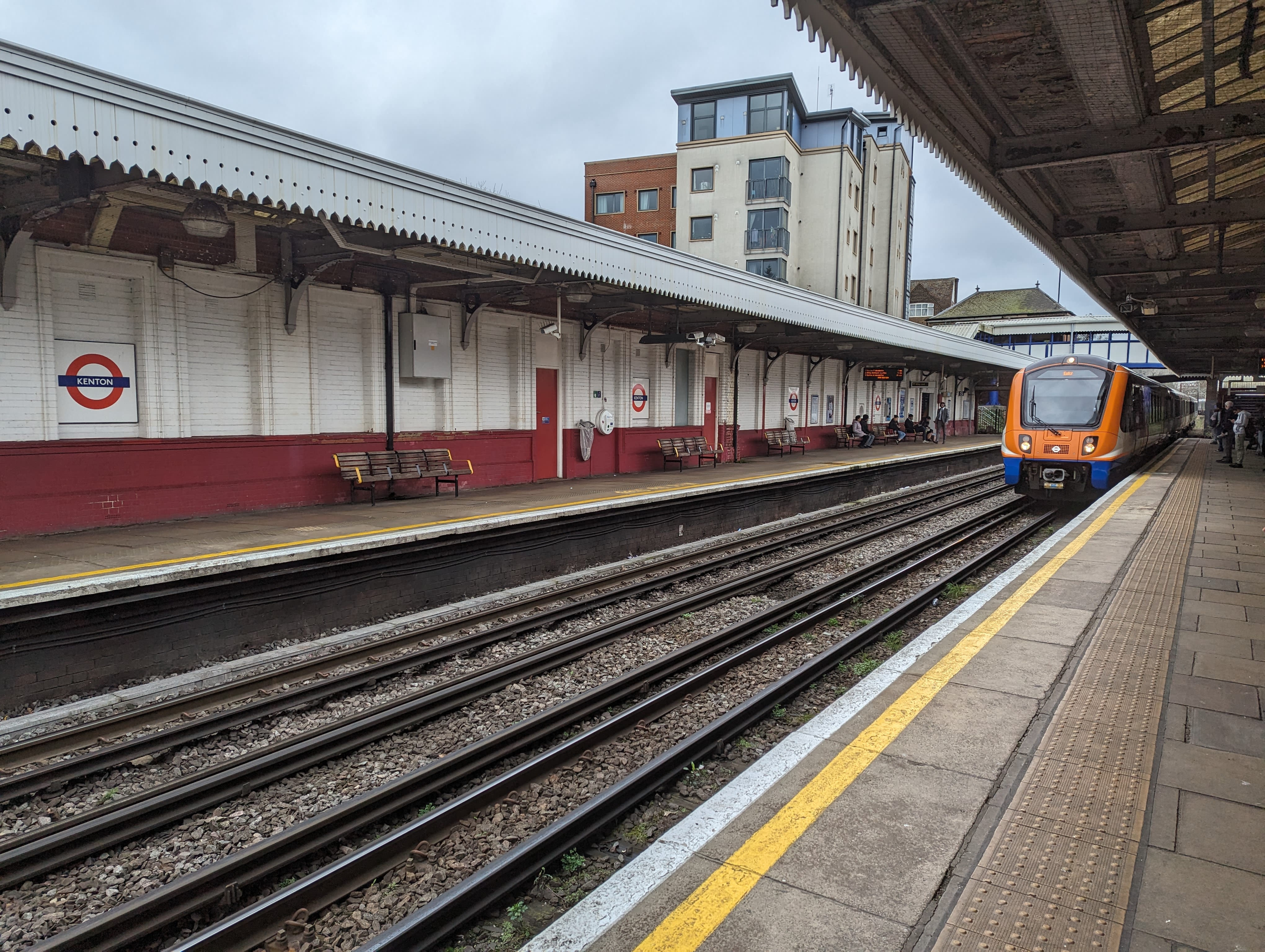
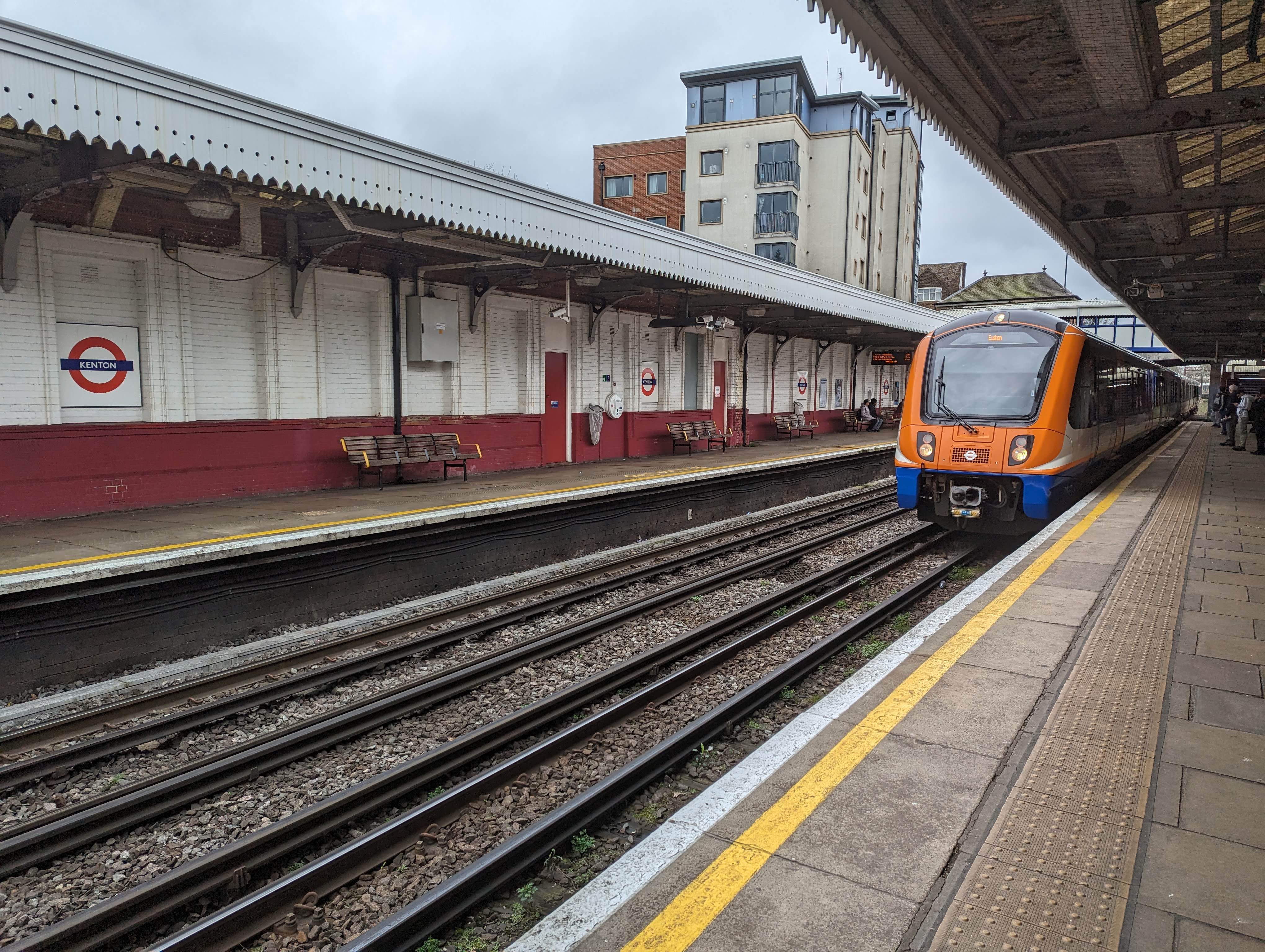
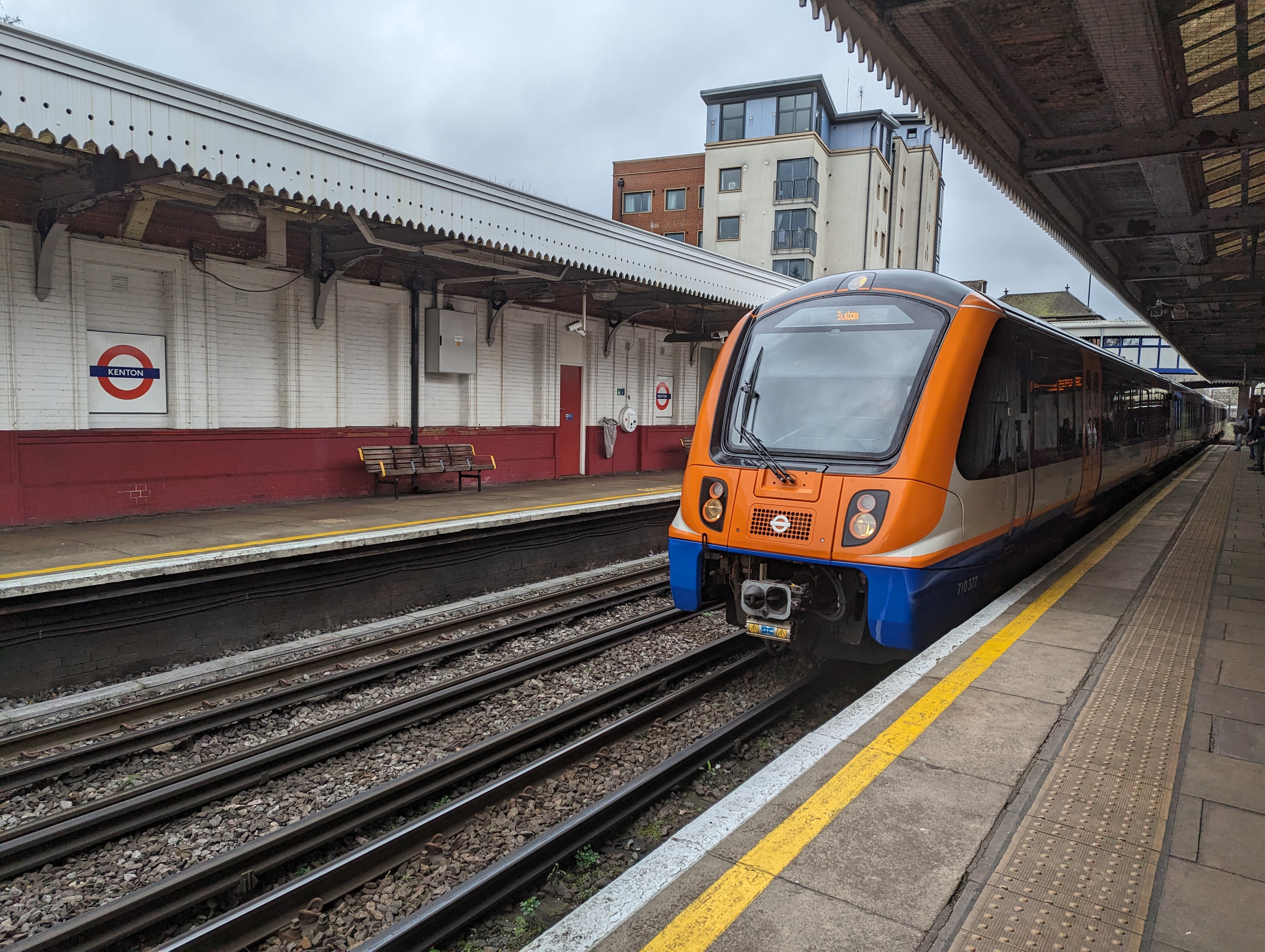
Here's what the experts think...
Matthew Nimblett is the director of the Independent Transport Commission, a politically independent and well-trusted research charity and think tank interested in issues concerning transport, planning and land use.
He said: “[Khan] wouldn't have done this without half an eye on the mayoral election but I think there are deeper reasons for doing this.
“There are good reasons to think about refreshing a ticketing system which was constructed in a pre-pandemic world.
“Our research has suggested that TfL would have had to think about responding to changes in peak travel anyway, so my suspicion is that initiatives like this were likely to have been introduced at some point anyway.”
Transport for London, as well as other rail operators across the country, has faced some criticism for its rigid ticketing system which doesn’t marry up with the flexible approach to home-working many companies now operate with.
Mark Smith is the former Head of Fares at the Department for Transport and now runs the travel blog, The Man in Seat Sixty-One, which encourages people to use trains for travel.
He said: “The current rigid system was devised for a world where we all work Monday to Friday, nine to five, but we’re not in that world anymore.
“Fridays have almost become a leisure day rather than a business day so the original objective of peak fares, trying to keep day trippers on off-peak services so that trains wouldn't get overcrowded with commuters, has largely disappeared on Fridays.”
This suggestion from Smith may explain the reasons for TfL’s leisure-branded ‘Let’s do Fridays’ marketing technique for the scheme.
The City of London Corporation Policy Chairman, Chris Hayward, said that the scheme was a welcome move which will help make the Square Mile a world-leading leisure destination for UK and global visitors.
Hayward also pointed to London’s first-class visitor offer, with the capital having outstanding history, arts, and attractions.
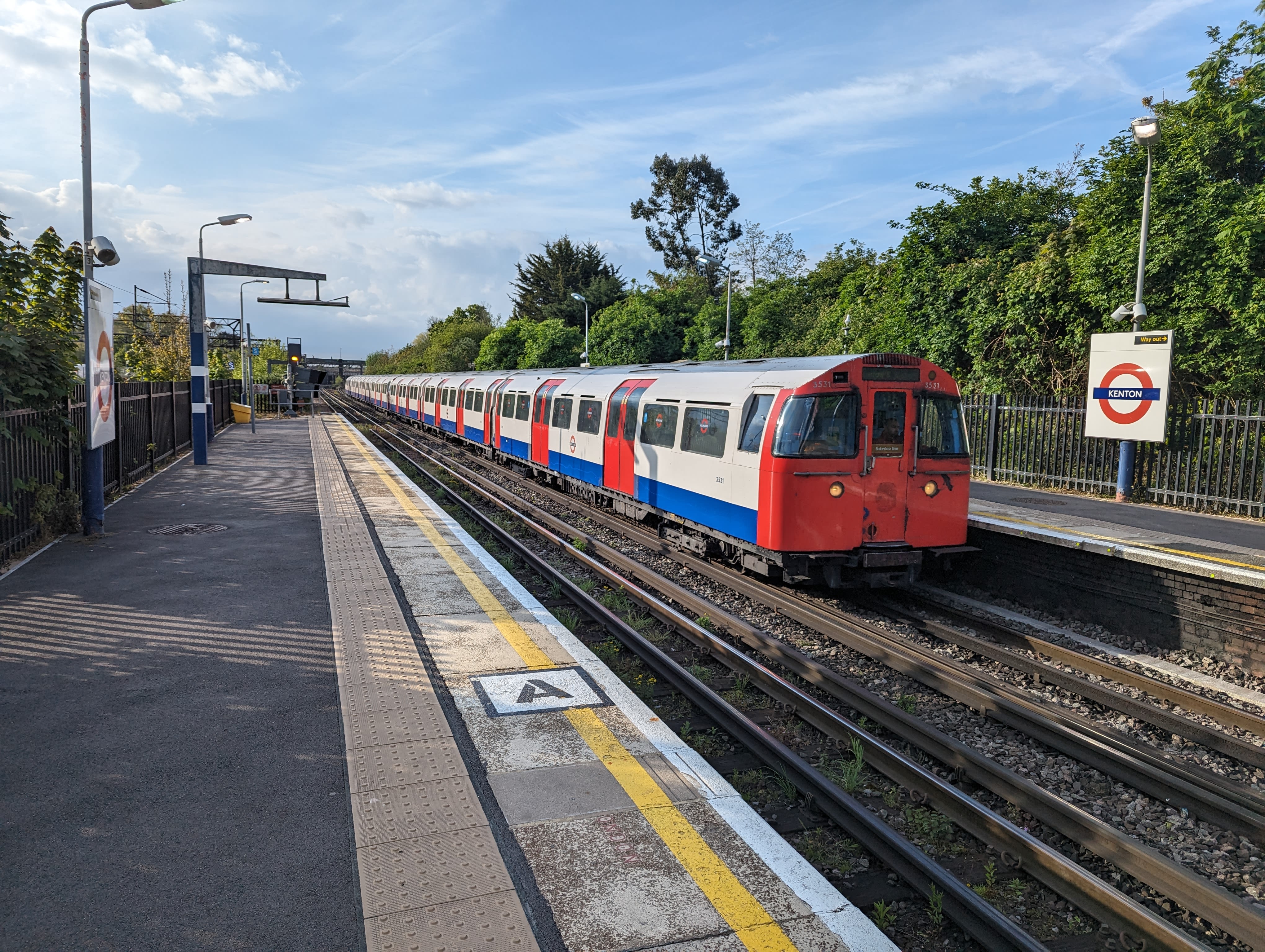

The issue of rail fares at the London Mayoral Election
The topic of rail travel, and the cost of it, is never far away from a London mayoral election.
In 2021, the Green Party candidate Siân Berry promised to merge together TfL fare zones, with the eventual goal of reaching a single fare zone for the entire city.
Meanwhile, the actor turned politician Lawrence Fox, representing the Reclaim Party, proposed six months of free bus and London Underground travel.
In 2024 there were yet more debates over train fares with the Conservative Party’s Susan Hall and the Green Party’s Zoë Garbutt promising to reinstate free pre-9am travel for the over 60s.
So what has Sadiq Khan done since his 2016 election?
Sadiq Khan boasts the record of freezing TfL fares in five of the eight years he's been in office.
Under Khan's predecessor, Boris Johnson, the cost of purchasing tickets on the TfL network increased by 42%.
One of the first policies Khan introduced after his election in 2016 was to introduce the Night Tube which was shortly followed by a 24 hour London Overground service.
Khan has also overseen the introduction of the new Elizabeth Line launched in 2022, as well as the extension of the Northern Line from Kennington to Battersea Power Station.
However, he has drawn criticism for failing to tackle a rise in violent crime on TfL's rail services.
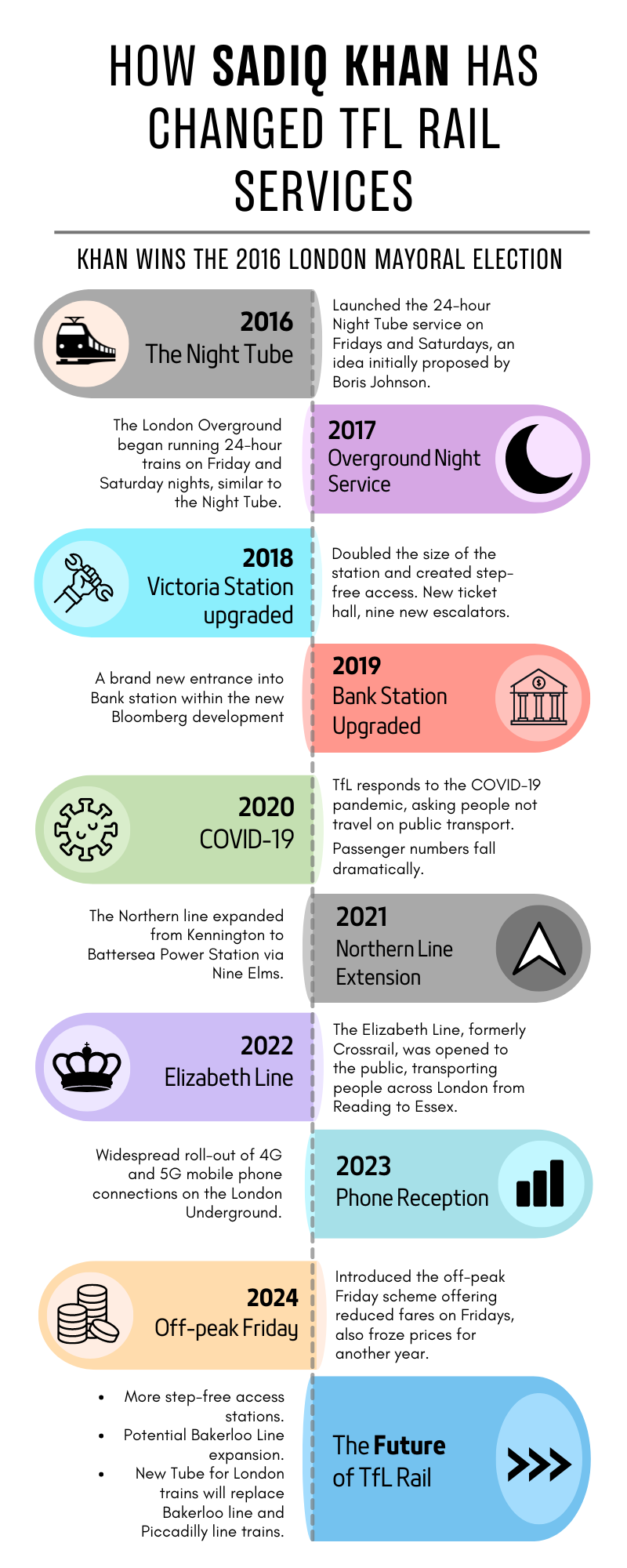
The future of train travel in Britain
The attempt by TfL to actively do something about the problems concerning passenger numbers on its services is a welcome move according to Smith.
He said: “The key thing with this trial is that the real bad thing that they shouldn't do is sit on their hands and not try anything because the world has changed quite significantly and it's not going to change back to the way it was.
There are ongoing questions about how Britain can best adapt its travel offering to best serve the commuters and travellers who use its services.
On the prospect of rail travel post the 2024 UK General Election, Nimblett suggested relations between TfL and the central government will improve with a Labour government supporting a Labour Mayor of London.
The Labour Party has announced plans to re-nationalise the rail network in the UK, an approach which would see privately operated rail franchises brought back into public ownership under Great British Railways.
Meanwhile, the serving Conservative government has announced plans for a similar scheme and has already taken control of TransPennine express after a poor service was delivered by the last operator.
On the future of train ticketing, Smith said: “We might need to look at doing season tickets in a different way, like buying single tickets and getting a discount every time you buy ten, or getting a free one.”
Nimblett spoke of his interest in seeing the results of TfL’s off-peak Friday travel, claiming that other rail operators across the country may use the data to come up with more innovative solutions to train transport in the UK.
TfL has said that it will use a combination of public transport ridership data, research into customer perceptions, and feedback from the business community to monitor the impact of off-peak Fridays for the duration of the trial.
It will then evaluate the cumulative impact at the end of the trial and an assessment of the trial’s revenue impact will then become part of the post-trial analysis which will consider the overall net impact on ridership and revenue to TfL.
South West Londoner approached Transport for London for comment and a spokesperson said: "We continue to analyse the impact of our trial of off-peak pay as you go fares on Tube and rail services on a Friday, which remains ongoing until 31 May.
“This analysis will take into account a number of aspects including assessing changes to both morning peak ridership and overall daily ridership, as well as the impact to businesses across London."
The Labour Party's plan to fix Britain's railways
The Conservative government's plan for fixing Britain's railways
Quiz
Now you've learned about the Mayor of London's off-peak Friday train travel scheme, how much can you remember about the three month trial?
Play the quiz down below and share your answers on social media using the hashtag #SWLOffPeakFridays